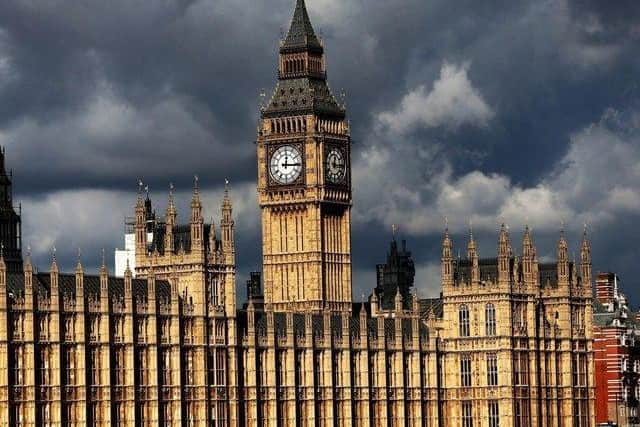Labour slams Government's 'light touch' approach to tackling promoters behind loan charge 'nightmare'
During Treasury Questions, Labour’s Shadow Financial Secretary James Murray warned that tens of thousands of people have been affected by the loan charge, with some experiencing “well-documented distress and harm” as a result of HMRC’s approach to enforcing the policy.
Mr Murray added: “Yet at the same time, HMRC has been issuing fewer than two fines a year against the architects and enablers of failed tax avoidance schemes.
Advertisement
Hide AdAdvertisement
Hide Ad“It is absolutely right that disguised remuneration schemes are tackled fairly and effectively. So how on Earth can the Conservative Government justify such a light-touch approach for the promoters of these schemes, whilst many caught up in them face such a nightmare?”


In reply, Victoria Atkins, Financial Secretary to the Treasury, highlighted the strengthening of HMRC’s powers to tackle promoters of tax avoidance in the Finance Acts of 2021 and 2022, “with a further tough new package of measures to ensure that promoters face stronger sanctions much more quickly”.
She added: “These measures will raise £130m over the next five years and are already being used. We have already published the details of promoters and tax avoidance schemes in order to help consumers, and we have also published HMRC stop notices, because we want to help taxpayers who want to do the right thing to understand which promoters should be avoided.”
According to the Government, the loan charge targeted tax avoidance schemes that sought to avoid income tax and National Insurance contributions by paying earnings in the form of loans.
Advertisement
Hide AdAdvertisement
Hide AdIn 2019, there was an outcry after thousands of people on modest incomes faced large and unexpected tax bills due to the loan charge. Significant changes were made to the loan charge following Lord Morse' review in 2019, which reduced its impact, although members of the Loan Charge and Taxpayer Fairness All Party Parliamentary Group (APPG) believe the policy is still flawed and punitive. Evidence compiled by the APPG concluded that “overwhelmingly” the people facing the loan charge had followed professional advice and had not been seeking to avoid their responsibilities as taxpayers.
Speaking afterwards, a Labour spokesman said: “We don't think the 2019 Morse Review can be the final word on this matter. We want a fair and effective approach from HMRC instead of the unfair approach at the moment which is extremely tough on those caught up in it but weak on the architects of it. In contrast the Conservatives don't think there is any problem at all with how this has been implemented and don't acknowledge the human toll of the way HMRC has approached this.”
A Government spokesperson previously told The Yorkshire Post: “HMRC takes the wellbeing of all taxpayers very seriously and recognises that large tax liabilities can add significant pressures for some people. For those who may need specialised help, HMRC advisers encourage them to contact organisations such as the Samaritans or Mind.”